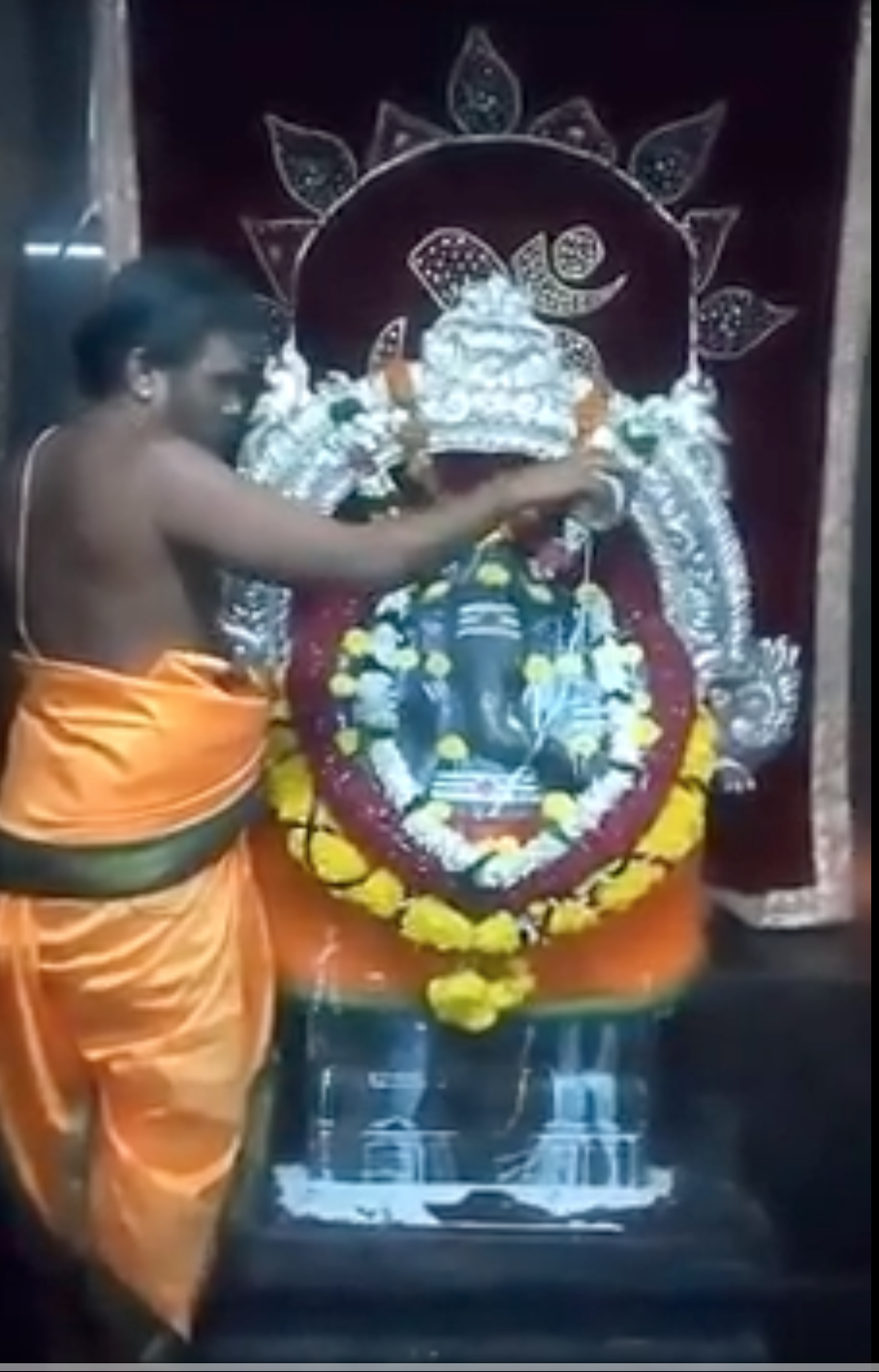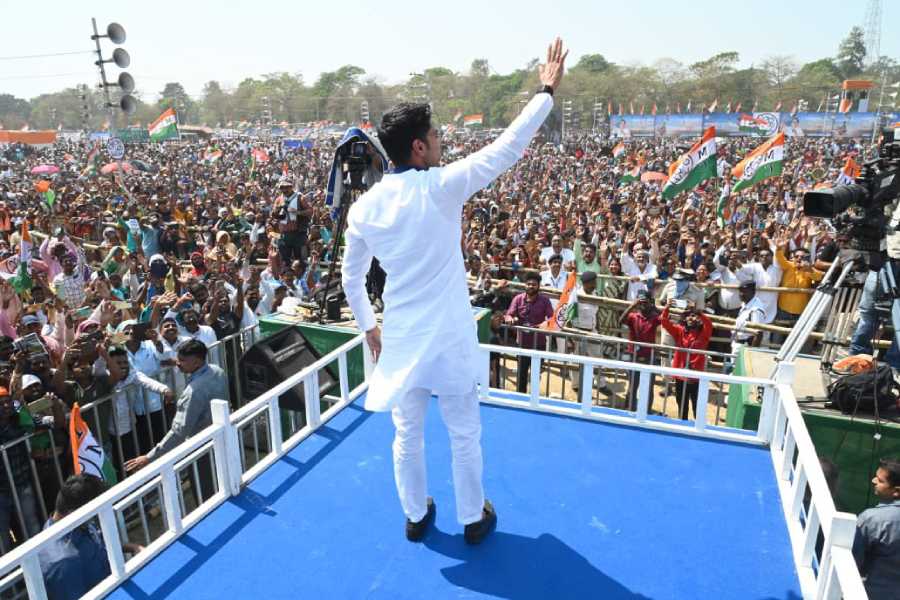One of the poll promises of the DMK government was to let all castes perform as priests in the temple. Many traditional temples followed hereditary appointments of Brahmin priests until 1970. The then Tamil Nadu CM, Karunanidhi, in 1971., abolished the hereditary system by amending the Hindu Religious Endowments Act.
The priesthood, a domain of male Brahmins, was altered by the Madras High Court in 2008, appointing a woman, the only legal heir of her father, a priest. Q. Justice Chandru opined that women must be allowed as priests and temples freed from the norms of Manu smriti.
The Supreme Court’s constitution bench also held that the ‘archakas,’ priests was a ‘secular’ function and abolished the hereditary concept. The court, however, clarified that even if the appointments are non-hereditary, the temples follow the norms prevalent.
The DMK government issued an ordinance in 2006, making any person with requisite qualification and training eligible for appointment as archakas. The government relied on a 2002 SC judgement that there is no justification for insisting that appointing people of a particular caste alone. Adi Saiva Sivacharyargal Sangam challenged the ordinance.
In 2015 the SC bench validated their earlier stand that the appointment of archaka cannot be in contravention to the constitutional principles, equality and freedom from caste discrimination. At the same time, they acknowledged that the appointments could not be in contravention to diktats of agamas, the religious treatises that govern the Hindu temples. The SC also concurred with the appellant that some of the ‘Agamas’ incorporated a religious belief of poojas are performed by Archakas of a distinct sect. The court further muddled the issue by observing that the appointments were secular but governed by religious scriptures that the state was obliged to respect. The Agamas were essential and were inviolable, protected from state interference.
It may be more a convention that temple functions are reserved for male members, which has changed with the recent appointment of women as archakas in temples. However, the ‘All Caste Archaka Scheme’ appears a state interference over beliefs and customs held for millennia. The scheme seems style over substance, thinking that mere utterances of a few mantras suffice to gain appointment as priests.
My message to the Chief Minister of Tamil Nadu: Go ahead, please break the gender barrier for the temple pujas. In the admittance of the constitution’s superiority, please break the caste considerations in the name of equality and freedom from caste discrimination. But do not uproot the performing Brahmin archakas from temples. Treat them as also entitled to equality and freedom from caste discrimination like any others.
Gods are treated as living and breathing. Please do not try to change that merely because you, or your mentor Periyar, do not believe in the existence of god.
Sampath Kumar
Intrépide Voix
In Pic: a priest pouring milk on Ganesha in full alankaram, which is never done.



